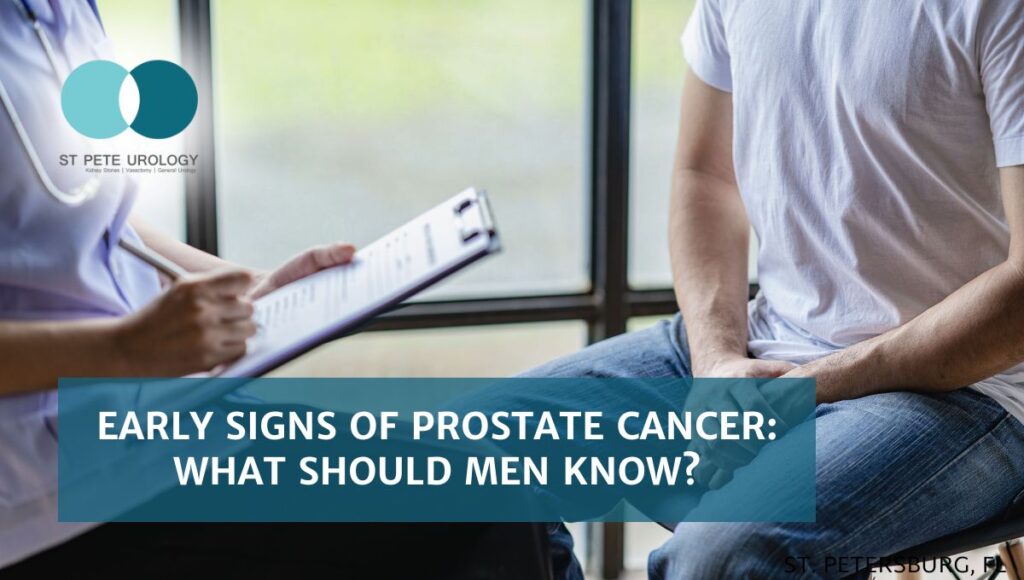While a man with urinary incontinence needs to see a urologist for proper and timely treatment, there are certain things he can do on his own to manage the symptoms. In fact, taking these actions will not only prevent and relieve symptoms, but also will help overcome incontinence.Ways of managing urinary incontinence in men include:
1. Keeping a diary
Keeping track of how much fluid you drink, how frequently you have to go to the bathroom, when and how often you leak urine, and anything that triggers your symptoms, such as drinking a lot of coffee, coughing or bending your body in a certain way is an effective way of monitoring your incontinence. Using the diary, your doctor can get a better grip of your symptoms and how they affect your life, and find the right tests necessary for correct diagnosis.
2. Regular double-voiding
Double-voiding is a great way to minimize dribbling. So when you finish urinating, you should wait for a minute or so and then try voiding again. If you succeed to pass urine in the second attempt, you’ll seldom dribble afterward.
3. Cutting down on caffeine and alcohol
Caffeine and alcohol irritate the bladder and often worsen incontinence symptoms. By cutting down the amount of tea, sodas, coffee and alcohol you drink, you’ll make a massive difference with your urinary incontinence symptoms.
4. Quitting smoking
Smoking tobacco aggravates urinary incontinence in men. So the sooner you quit tobacco the better for you.
5. Spacing apart your drinks
Staggering your fluid intake can help to ease the symptoms. For instance, if you are having a lot of trouble at night, drinking less fluid before going to bed might help. And when you have problems during the day, it might help to drink less fluid many hours before you travel or leave home for an event.
6. Avoiding foods that trigger symptoms
Certain foods trigger urinary incontinence symptoms in men. For example, spicy foods and acidic foods such as tomatoes and citrus fruits are common culprits. Likewise, artificial sweeteners and chocolate may trigger incontinence. While everyone is different, it’s wise to identify the foods that worsen your symptoms and avoid them.
7. Training the bladder
Training your bladder can help you to control urinary incontinence. You can do this by starting to take scheduled bathroom breaks whether you are feeling the urge to go or not. Then gradually extend the time you take between your bathroom trips, making a conscious effort to tame your symptoms and push yourself to only pass urine every 3 or 4 hours. Bladder training may not give immediate results, but if you persist, you’ll get positive results within a few months.
8. Flexing your bladder muscles
Exercising the right muscles will help strengthen them and improve your bladder control. Because exercising the wrong muscles may increase pressure on your bladder, you should correctly identify the ones you exercise. The right muscles to focus on are those you would use to stop yourself from passing gas.
So how do you flex them? Apply tension on the muscles for 3 seconds, then allow them to relax for another 3 seconds. Build up gradually until you’re able to do three sets of ten repetitions. You can perform these exercises anywhere — at your desk, in bed or when watching TV, but don’t do them when urinating as that can lead to infections. You should do the exercises for 15 minutes per day. While it usually takes 3-6 weeks to achieve the desired effect, positive results may be noticed soon by men who are doing the right exercises frequently.
9. Lose weight and stay hydrated
Excess weight increases pressure on the abdomen and makes urinary incontinence worse. By shedding a few pounds, you can reduce symptoms. Likewise, while it seems a good idea to drink less water in order to prevent leaks, drinking less only makes urine more concentrated and increases bladder irritation, resulting in more urinary incontinence. Therefore, if you’re thirsty, drink some water.
10. Treat constipation
Constipation, together with the strain that comes with it, can negatively affect the nerves that control bladder function. By eating a high-fiber diet and taking the necessary actions to prevent constipation, you may help your incontinence.
11. Speak with your doctor about any medication adverse effects
Some medications and supplements can cause or worsen your incontinence. For instance, sedatives, antidepressants, diuretics and various allergy and cold medicines may elicit urinary problems. So make sure your doctor is aware of the medicines and supplements you’re using and of any adverse effects you’re experiencing.
12. Planning ahead
A lot of men with urinary incontinence are anxious whenever they have to travel, fearing accidental urine leaks. To ease your anxiety when going on a road trip, make sure to map out the route and identify the places you’ll stop at regular intervals to use the bathroom. Going out with a plan will make you confident and less prone to accidental urine leaks.
13. Get support
Urinary incontinence can be both stressful and embarrassing and you may even feel lonely and hopeless. So you should make an effort to remain connected with your family and friends. Joining a support group also may be beneficial. Your doctor can help you find any support groups in your area.
Applying these techniques may help relieve urinary incontinence symptoms. But because on their own these techniques are inadequate for managing urinary incontinence, you should work closely with your doctor to find the best solutions for your condition, particularly if the symptoms are adversely affecting your life. It’s also prudent to always speak with your doctor before you try any of these techniques for managing urinary incontinence. If you’re looking for a urologist near you, then you can always see one of our urologists at Florida’s St Pete Urology in St. Petersburg. For more information on the right treatment plan for urinary incontinence in men, visit the “St. Pete Urology” site.





